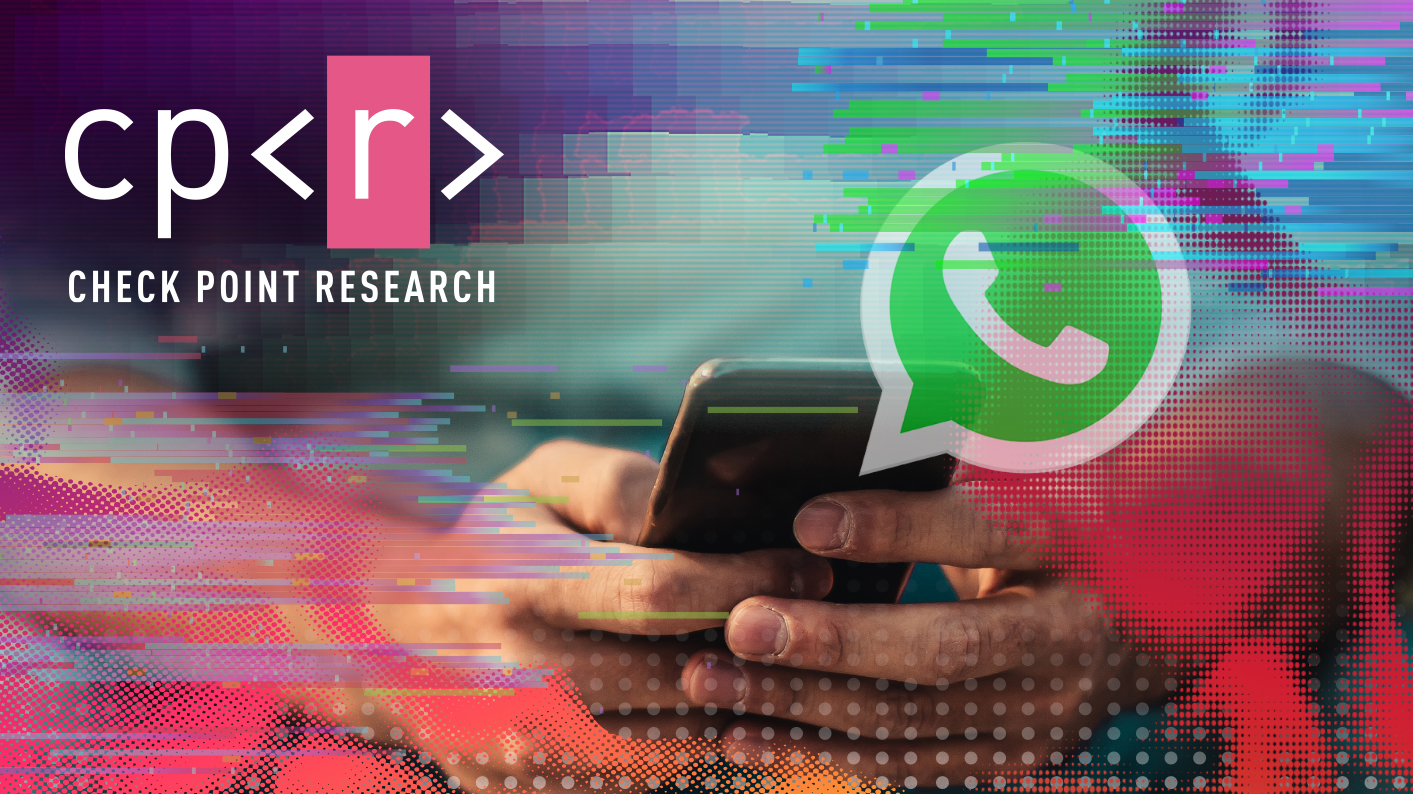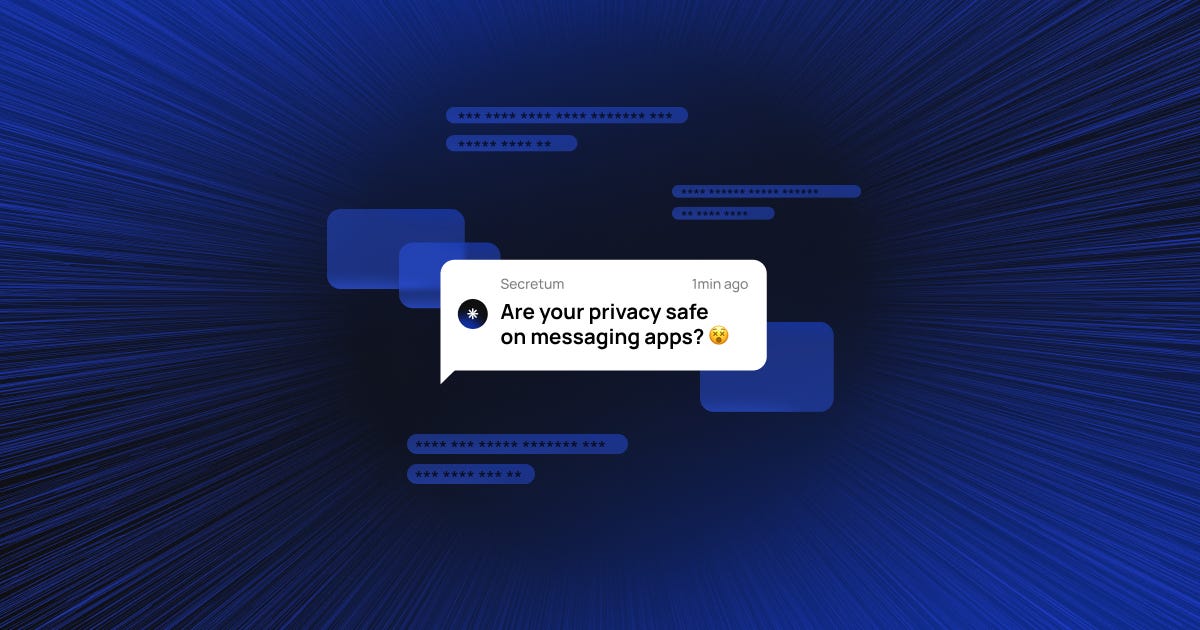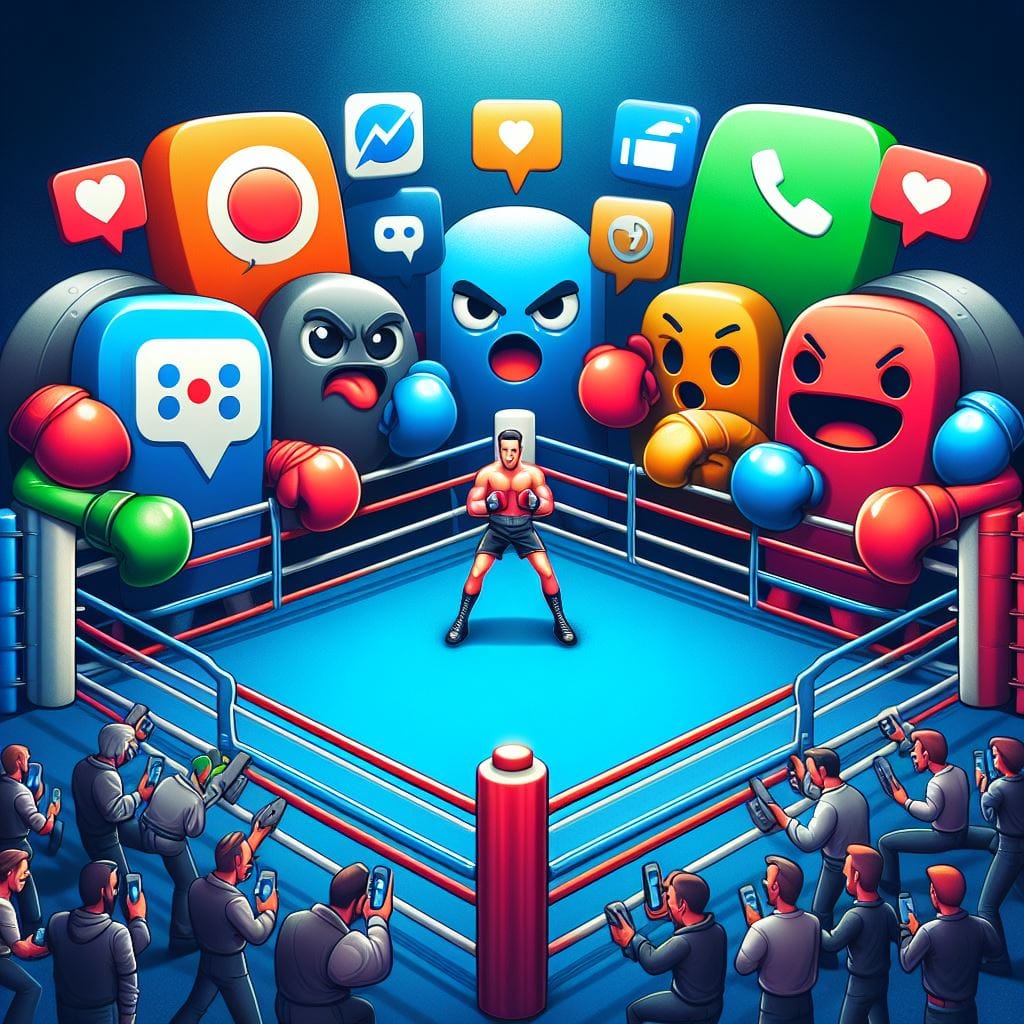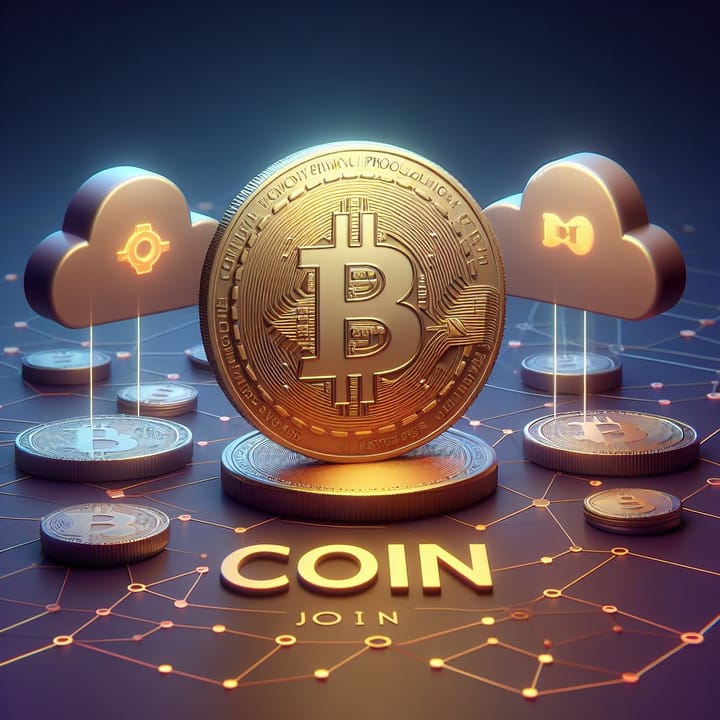A Comparative Analysis of Messaging Apps' Privacy and Encryption Features
In today's society communication plays a key role while issues surrounding privacy and security have become increasingly prominent. With well-known messaging applications vying for our focus, it is crucial to weigh the pros and cons of these platforms.
This piece will explore messaging apps such as Facebook Messenger, WhatsApp, Signal, WeChat, and Telegram. Additionally, we will look at Bison Relay created by the Decred project as an exciting newcomer.
Encryption Protocols:
Facebook Messenger and WhatsApp: Owned by the same parent company (Meta), both Messenger and WhatsApp use end-to-end encryption (E2EE) by default for text messages, voice calls, and video calls. This is meant to ensure only the sender and receiver can see the messages. Concerns however have been raised over metadata collection and how this plays out in Meta's broader ecosystem.
More information on metadata collection can be read here:
Signal: Signal is well known for its dedication to protecting privacy. It receives praise for using an open-source protocol, robust encryption methods, and limited data collection practices. Signal places a value on safeguarding user privacy by providing end-to-end encryption, for all interactions and only retaining essential metadata.
Bison Relay: Emerging as a newcomer in the messaging space, Bison Relay emphasizes privacy, including decentralized architecture, and with the use of Zero-knowledge proof (ZKP) users can have enhanced anonymity. Bison Relay aims to provide users with a secure and censorship-resistant platform for communication.
Direct from BisonRelay.org :
Bison Relay is a Decred-based communications tool that enables free speech, and free association, and can act as a fully independent alternative stack to the web. Bison Relay is an asynchronous client-server protocol that makes heavy use of the Decred Lightning Network, where every message is sent encrypted, metadata-minimized, and paid for via LN micropayment. The Bison Relay server is accountless and every message is handled individually, where it is both paid for prior to being sent and then received.
WeChat: Although widely popular, in China and other regions WeChat has come under scrutiny for how it manages user data and complies with Chinese government regulations. Despite its encryption feature for messages sent through the platform concerns have been raised about WeChat's connections to authorities regarding data access and surveillance.
Telegram: Telegram has refined its encryption strategy over time initially using an encryption protocol before transitioning to the universally recognized MTProto protocol. While Telegram does offer end-to-end encryption for "chats" some privacy advocates criticize its default security settings for not providing the same level of protection.
Which messaging platform is best?
If your choice of encrypted messaging app is between Signal, Telegram, Facebook Messenger, WeChat, and WhatsApp, do not waste your time with anything but Signal. If we are talking purely about privacy and if privacy's what you're after, nothing beats Signal from the current popular messaging apps.
You may recall Elon Musk tweeting in support of Signal and telling people to ditch WhatsApp. Jack Dorsey also retweeted Musk's tweet at the time. It was around then the number of new users flocking to Signal and Telegram surged by tens of millions.
This little debacle reignited security and privacy scrutiny over messaging apps. Among the top players currently dominating download numbers, there are some commonalities. All are mobile apps available in the Google Play store and App Store that support cross-platform messaging, have group chat features, offer multifactor authentication, and can be used to share files and multimedia. They all also provide encryption for texting, voice, and video calls.
Privacy Policies and Data Collection:
Facebook Messenger plus WhatsApp: Both Messenger as well as WhatsApp have actually dealt with objections to their information collection methods, consisting of the sharing of customer information with Facebook for targeted marketing objectives. While end-to-end security shields message components, metadata such as timestamps, tool info, as well as call checklists, may still be gathered plus used for monitoring as well as profiling objectives.
Signal: Signal separates itself from the competition by collecting very little data plus openness on what data is collected if any. The system accumulates just the minimum of customer information needed for a procedure such as contact number for signing up as well as devotes to never ever monetizing customer information or showing advertisements.
Bison Relay: As a privacy-focused system, Bison Relay focuses on customer privacy and also information security. By using its decentralized design, Bison Relay reduces the collection of recognizable customer information consequently decreasing the threat of monitoring and also data leakage.
WeChat: WeChat's personal privacy plans have come under examination for their conformity with Chinese federal government guidelines. While WeChat uses security for sending messages issues continue to persist around the information collection and censorship of web content.
Telegram: While the system provides optional end-to-end security for secret talks, its default setting does not supply the very same degree of safety. In addition, Telegram's cloud-based messaging solution increases worries concerning information storage space coupled with accessibility.
Additional Security Features:
Facebook Messenger plus WhatsApp: Messenger coupled with WhatsApp includes two-factor verification (2FA) and also self-destructing messages for boosted safety and security. Nonetheless, problems remain regarding their assimilation with Facebook's wider community along with the capacity for information sharing throughout systems.
Signal: Signal goes well above in its dedication to safety, using functions such as self-deleting messages, coupled with an integrated safe and secure messaging method. These attributes improve individual personal privacy and also safeguard against unapproved accessibility to delicate details.
Bison Relay: Bison Relay privacy is based on a unique combination of a Double Ratchet and post-quantum-secure Public Key Infrastructure. The Double Ratchet creates forward and “reverse” secrecy, meaning a temporary compromise of an endpoint does not compromise all future or all prior message encryption keys. Additionally, the Double Ratchet provides deniable messaging, where either endpoint could have written any message in question. Post-quantum-secure Public Key Infrastructure reinforces the Double Ratchet privacy by protecting it against attacks by quantum computers, and it also makes man-in-the-middle attacks more difficult.
WeChat: While WeChat supplies security for messages in transportation, the system does not have innovative safety attributes located in various other messaging applications. Individuals are motivated to exercise care when connecting sensitive info over the system, especially in light of federal government policies as well as possible monitoring.
Telegram: In enhancement to optional end-to-end security for secret talks, Telegram uses functions such as self-destructing messages plus the capacity to password-protect discussions. While these attributes boost individual personal privacy, issues continue to persist concerning Telegram's cloud-based messaging solution coupled with information storage space techniques.
Real examples of security breaches or issues that have occurred with these applications:
Jeff Bezos' phone was famously hacked in January 2020 through a WhatsApp video message. In December of the same year, Texas' attorney general alleged that Facebook and Google struck a back-room deal to reveal WhatsApp message content. A spyware vendor targeted a WhatsApp vulnerability with its software to hack 1,400 devices, resulting in a lawsuit from Facebook. WhatsApp's unencrypted cloud-based backup feature has long been considered a security risk by privacy experts.
When WhatsApp says it can't view the content of the encrypted messages you send to another WhatsApp user, what it doesn't say is that there's a list of other data that it collects that could be linked to your identity: Your unique device ID, usage and advertising data, purchase history and financial information, physical location, phone number, your contact information and that of your list of contacts, what products you've interacted with, how often you use the app, and how it performs when you do. The list goes on. This is way more than Signal or Telegram.
WhatsApp Privacy Leak Possibility: In 2019 Check Point Research (CPR) revealed that the popular messaging app, WhatsApp, could also be tweaked to reveal user data and conversations. :

No, your privacy is not safe on messaging apps. Here’s why:

Recently Signal has come under scrutiny 'Elon Musk Fact-Checked On X After Secure Messaging Warning' :

References:
A good comparison website on the privacy of messaging apps:
Leaks and why certain apps shouldn't be trusted:
Comparison of Cross-Platform Instant Messaging Clients:

Study Rates Signal Most Secure Messaging App, But Should Users Be Worried?:

Line mobile messaging app hit by systems breach, thousands of accounts leaked:

Conclusion:
Users seeking to protect their personal information should be aware of how these messaging platforms work and what data is private. Signal and Bison Relay stand out from the crowd when it comes to privacy. Users must remain vigilant and informed about the privacy policies and security features of the messaging apps they choose to use.













Comments ()